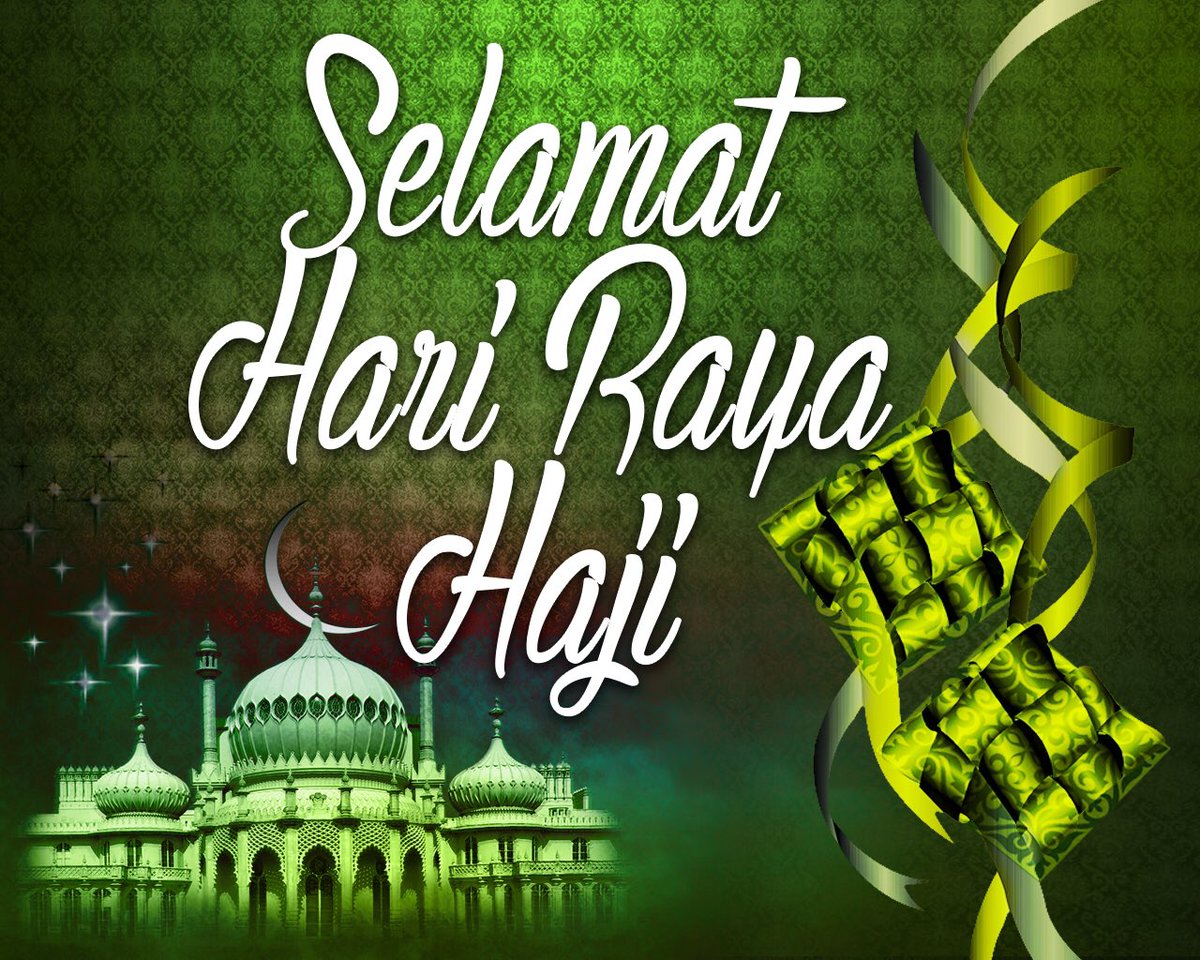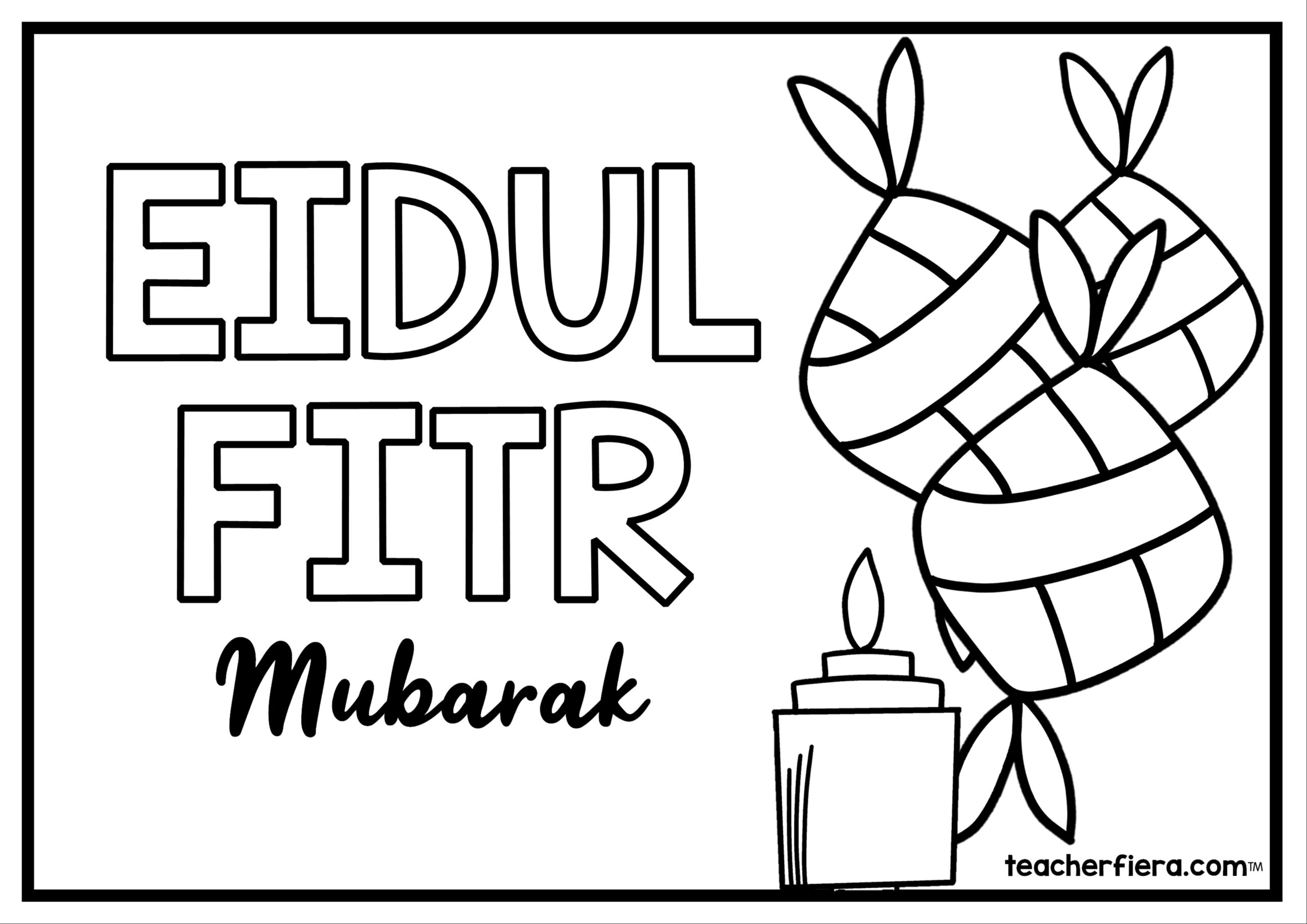The scent of burning frankincense hangs heavy in the air, mingling with the murmur of prayers and the echoing bleats of animals. It is a day etched in the hearts of millions, a day where faith takes tangible form and sacrifice transcends the boundaries of the self. This is Eid al-Adha, the 'Feast of Sacrifice,' a day that resonates with profound spiritual meaning and echoes with the weight of history.
Imagine standing at the precipice of a decision, a decision demanding not just action but a surrender of the heart, a willingness to relinquish something dear for a greater purpose. This is the essence of Eid al-Adha, a commemoration of Prophet Ibrahim's unwavering faith and obedience to God, a testament to the strength found in submission and the beauty forged in sacrifice.
Eid al-Adha transcends the realm of mere ritual. It is a visceral reminder of the human capacity for selflessness, a celebration of faith that resonates across cultures and continents. It is a day to reflect on the sacrifices we make in our own lives, the challenges we face, and the unwavering belief that guides us through the darkest of nights.
As we witness the sun rise on this sacred day, let us delve into the heart of Eid al-Adha, exploring its historical roots, uncovering the profound lessons it holds, and understanding its significance in our modern world. For within the tapestry of sacrifice, we discover the threads that bind us to something larger than ourselves, a tapestry woven with threads of faith, compassion, and unwavering belief.
This is a journey into the very soul of Eid al-Adha, an exploration of a tradition that continues to inspire and challenge us to strive for a higher purpose, to embrace the transformative power of sacrifice, and to find meaning in our connection to something far greater than ourselves.
History, Origins, and Significance of Eid al-Adha
To truly grasp the essence of Eid al-Adha, we must journey back in time, tracing its origins to the poignant tale of Prophet Ibrahim. This pivotal figure in Islamic history was commanded by God to sacrifice his beloved son, Ismail, as an ultimate test of faith. Imagine the turmoil, the immense weight of such a divine decree.
Yet, Ibrahim, demonstrating unwavering devotion, prepared to submit to God's will. However, just as he was about to make the ultimate sacrifice, God intervened, replacing Ismail with a ram. This act of divine intervention solidified Ibrahim's legacy as a paragon of faith and obedience, forever etching this tale into the annals of Islamic tradition.
Eid al-Adha commemorates Ibrahim's unwavering submission, his willingness to relinquish that which was most precious to him. It is a celebration of faith that transcends the boundaries of logic and reason, reminding us of the profound relationship between humanity and the divine.
The Ritual Sacrifice: A Symbolic Act of Devotion
Central to the observance of Eid al-Adha is the ritual sacrifice of an animal, usually a sheep, goat, cow, or camel. This act, laden with symbolism, is not merely about the physical offering. It embodies the spirit of sacrifice that lies at the heart of the occasion.
The act of sacrificing an animal represents a willingness to surrender something precious for a higher purpose, mirroring Ibrahim's willingness to sacrifice his son. It serves as a potent reminder of the sacrifices we are all called upon to make in our lives, be it sacrificing time, resources, or desires, for the betterment of ourselves and those around us.
Benefits of Observing Eid al-Adha
The observance of Eid al-Adha extends far beyond the realm of ritual. It carries within it a multitude of benefits, both spiritual and societal.
1. Spiritual Growth and Reflection
Eid al-Adha serves as a powerful catalyst for spiritual introspection. The act of sacrifice prompts us to confront our attachments, to assess our priorities, and to reaffirm our commitment to a life guided by faith and compassion.
2. Strengthening Community Bonds
The spirit of Eid al-Adha fosters a sense of unity and solidarity within the Muslim community. The shared experience of sacrifice, prayer, and feasting strengthens bonds of brotherhood and sisterhood, reminding us of our interconnectedness and our shared humanity.
3. Acts of Charity and Compassion
A significant aspect of Eid al-Adha is the distribution of meat from the sacrificed animal to the less fortunate. This act of charity ensures that everyone, regardless of their socioeconomic status, partakes in the blessings of this special occasion. It embodies the Islamic values of compassion, empathy, and social responsibility.
Conclusion: Embracing the Spirit of Eid al-Adha
As the sun sets on this sacred day, casting long shadows across the land, we are left with a profound sense of awe and reflection. Eid al-Adha, in its essence, is a testament to the enduring power of faith, a celebration of the human capacity for sacrifice, and a reminder of our responsibility to uplift those around us. Let us carry the spirit of this day in our hearts, striving to embody its lessons of compassion, generosity, and unwavering faith in our daily lives.
AidilAdha 2023: Koleksi Ucapan Selamat Hari Raya Haji Buat Keluarga & Rakan - The Brass Coq
Hari Raya Haji 2021 Wishes & Eid al - The Brass Coq
Selamat Hari Raya Haji 2021 Images & Eid al - The Brass Coq
Ucapan Selamat Hari Raya Haji - The Brass Coq
Hari Raya Haji 2021 Greetings & Eid Al - The Brass Coq
Hari Raya Colouring Pages - The Brass Coq
hari raya korban in english - The Brass Coq
Ucapan Hari Raya Korban Aidiladha 2022 Indah - The Brass Coq
Ucapan Selamat Hari Raya Haji - The Brass Coq
hari raya korban in english - The Brass Coq
Tabung Korban Hari Raya Haji, Serendah RM2 Sehari 1 Bahagian? - The Brass Coq
hari raya korban in english - The Brass Coq
Tarikh Hari Raya Korban 2023 (Beserta Sejarah Amalan Korban) - The Brass Coq
hari raya korban in english - The Brass Coq
Selamat Hari Raya Idul Adha 1442 H - The Brass Coq














